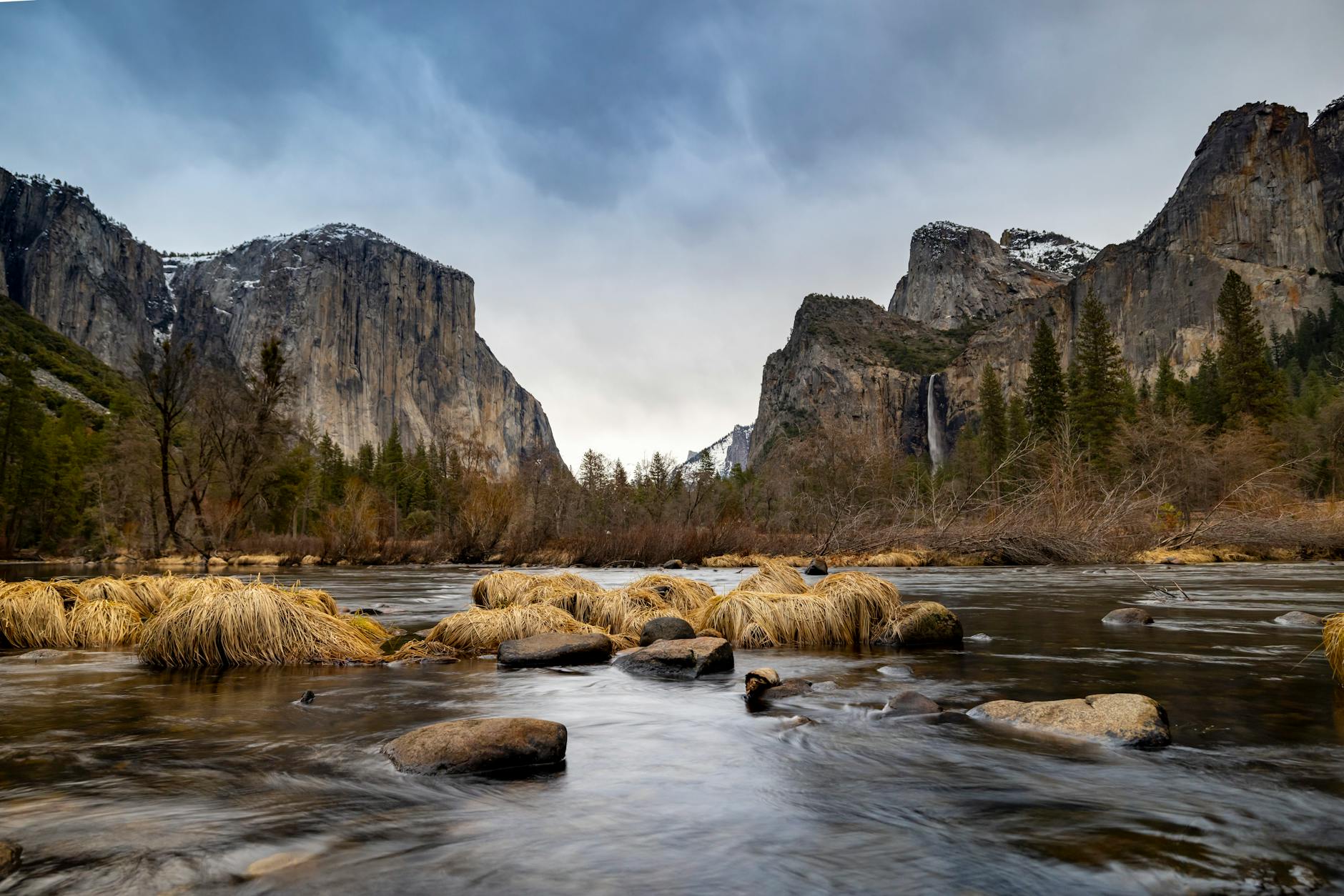Why Smart Travel in Australia Elevates Your Adventure Game

Discovering Local Secrets
When it comes to uncovering the local secrets of Australia, technology might just become your best companion. As someone who enjoys discovering hidden gems, you'll appreciate how technology can enhance the experience. To start, think about an AR-enhanced visit to the Sydney Opera House, transforming traditional tours into immersive journeys that reveal stories often left untold. This tech-enhanced marvel offers a fresh perspective on a cherished landmark, perfect for seasoned travellers or anyone keen on experiencing something new.
For those seeking adventures beyond the usual tourist trails, consider the innovation found in galapagos islands tours or other specialised destinations. These locations promise encounters with unique cultures and untouched natural beauty. The use of apps that blend travel itineraries with real-time AI guides can dramatically streamline your journey, providing insights that guide you to unexplored destinations while ensuring ethical interactions with local cultures.
Incorporating technology into travel plans can also provide insights into areas rich in culture, wildlife, and history. Virtual reality pre-tour explorations or GPS-based wildlife tracking can offer ethical and informative paths through places traditionally hard to access, like the vast expanses of the Australian outback or coastal wonders just waiting to be discovered. If you're planning a south georgia cruise or dreaming of namibia tours, think about how tech can connect you with these remote regions responsibly and innovatively.
Strategies for Sustainable Travel
Eco-friendly Travel Practices
As someone who's explored the innovations of the Sydney Opera House with its immersive AR experiences, I've realised the importance of adopting eco-friendly travel practices. Sustainable travel isn't just about reducing your carbon footprint; it's about making conscious choices that contribute positively to the environment. For instance, opting for public transport or cycling rather than hiring a car can significantly cut down emissions. Choosing accommodations that implement green practices, like recycling and solar energy, can also make a huge difference.
Supporting Local Communities
Engaging with local communities during your travels can offer an enriching experience while benefiting those who call the place home. Whether you're on South America tours or enjoying Antarctica cruises, consider purchasing from local artisans and dining at family-owned eateries. This not only boosts the local economy but also enriches your journey with authentic cultural exchanges.
Ethical Wildlife Interaction
Interacting with wildlife ethically should be a top priority for any traveler. This involves observing animals in their natural habitats rather than through commercial attractions that often prioritise profit over animal welfare. Initiatives such as volunteering for conservation projects or choosing tour operators known for ethical practices can ensure you're contributing positively to wildlife preservation.
By integrating these strategies into our travel routine, we can explore with a conscience and pave the way for a more sustainable future in travel.
High-Tech Travel Hacks
Apps for Seamless Navigation
Navigating through a Namibia safari or remote locations requires more than just a map; smart apps designed for seamless travel are indispensable. As a fellow adventurer, I find applications like MAPS ME invaluable for offline navigation, especially when Wi-Fi is as scarce as snow in the Sahara. These apps allow you to download maps in advance so you’re never lost, whether you're tracking elephants by day or camping under the stars at night.
Gadgets for Documenting Adventures
To capture the untamed beauty of Namibia or any African tours, having the right tech gear can make all the difference. Compact drones and gimbals are top of my list for aerial and stabilized shots, letting you frame the quintessential wildlife scenes. As someone who relishes the thrill of adventure, I recommend investing in a robust action camera. It withstands the dust and din of the savannah while delivering crisp, captivating footage. Plus, with advanced smartphone cameras, capturing moments on the fly has never been easier.
Digital Safety Tips for Remote Locations
Digital security in remote areas can often be overlooked, yet it's crucial. Secure your devices with VPNs to protect your online data and privacy, even when connecting through public or unknown networks. In the spirit of technological innovation, consider using encrypted storage for sensitive backups. Prepare your devices with updates before departure and remain informed through local advisories. This way, whether you're marvelling at the tech-driven exhibits at the Powerhouse Museum or filming in the wild expanses of Namibia, your journey remains secure and thrilling.
Gear Essentials for Different Terrains
When preparing for south american tours, the diverse terrain demands a versatile gear lineup. Think of your equipment as your survival kit, tailored to match the wide-ranging landscapes you'll encounter, from sprawling deserts to lush rainforests.
Clothing and Layers
A key element for conquering varied climates is adaptable clothing. Pack lightweight, moisture-wicking base layers to regulate body temperature. Top those with insulating layers like fleece or down jackets for colder regions like Patagonia. Don’t forget a waterproof yet breathable outer layer to protect against unexpected rain or wind.
Footwear
The importance of robust footwear can't be overstated for Patagonia tours or similar destinations with rugged hikes and uneven paths. Opt for sturdy, waterproof hiking boots with excellent grip. A trail running shoe might be a versatile addition for lightweight excursions or less intense trails.
Technical Equipment
For adventure filmmakers like Oliver, gear selections pivot around camera and audio equipment. Bring a reliable, shockproof and waterproof camera to tackle unforeseen weather conditions. Lightweight tripods and versatile lens kits will cater to landscape and wildlife shots. Ensure you have a durable backpack equipped with protective compartments to safeguard your tech gear while on the move.
Whether you’re traversing dense jungles or scaling icy mountains, equipping yourself with these essentials will help you explore confidently. This approach not only ensures safety but also enhances your ability to capture breathtaking moments in any setting.
Pitfalls and How to Avoid Them
Misjudging Travel Itineraries
Rookie mistake, right? As much as I love the spontaneity of jetting off on a whim, slightly under-planning, or over-planning can throw your entire trip off balance. I've learned to combine smart scheduling with flexibility – think travel insurance compare options for peace of mind if things go awry. Dropping by tech-driven exhibits like the one at the Powerhouse Museum can teach you how technology reshapes itineraries. Always balance fixed plans with chunks of “free time” to explore unexpected gems.
Overlooking Local Regulations
Nothing throws a wet blanket on a thrilling adventure faster than a run-in with local rules. Sydney’s innovative business hubs like Barangaroo, for instance, operate under specific guidelines that might be easy to overlook. Wherever you go, check local regulations through official apps or websites, and remember: fines for infractions are no joke. Be it Sydney Opera House’s immersive AR experiences or local cultural sites, respecting community guidelines is smart travel advice.
Underestimating Environmental Challenges
Australia’s diverse landscapes invite many eco-adventure opportunities, but underestimate them at your peril. Gear up for unexpected environmental hurdles and make technology your ally here. Weather apps tailored for Australian terrain highlight forecasts with precision, while portable tech can power your devices as you traverse rugged landscapes. Empowered by the right tech and a little savvy prep, you’ll be ready to tackle anything from beach sunsets at Bondi to bush hikes in the Outback.


